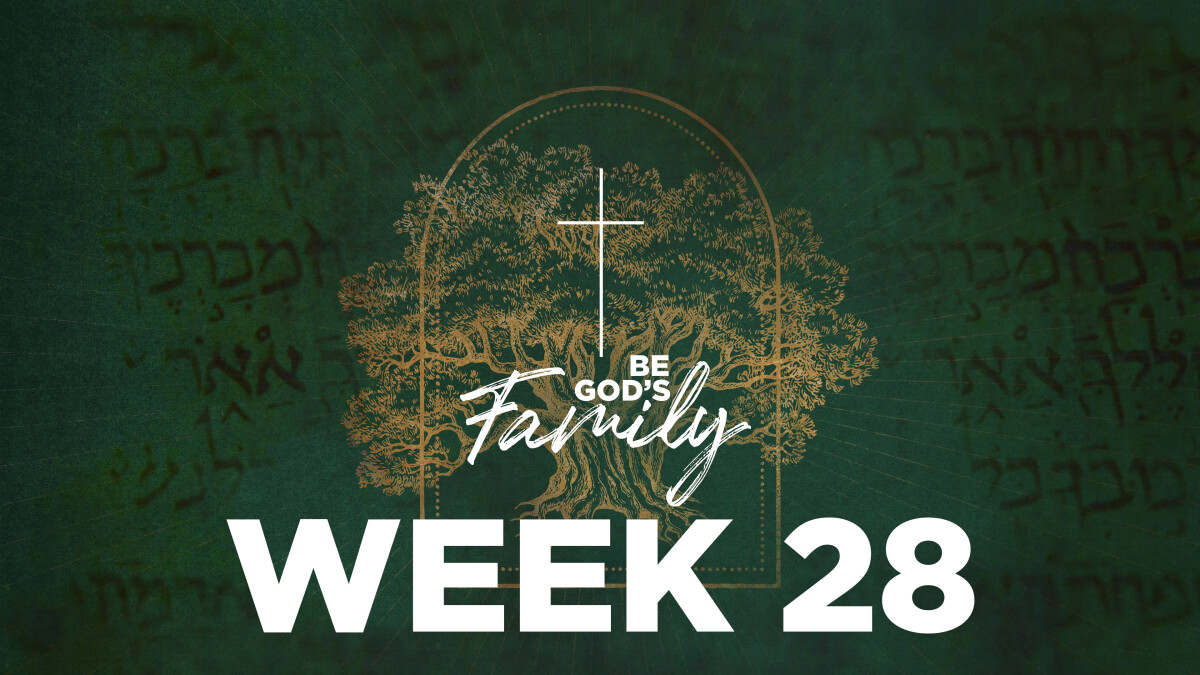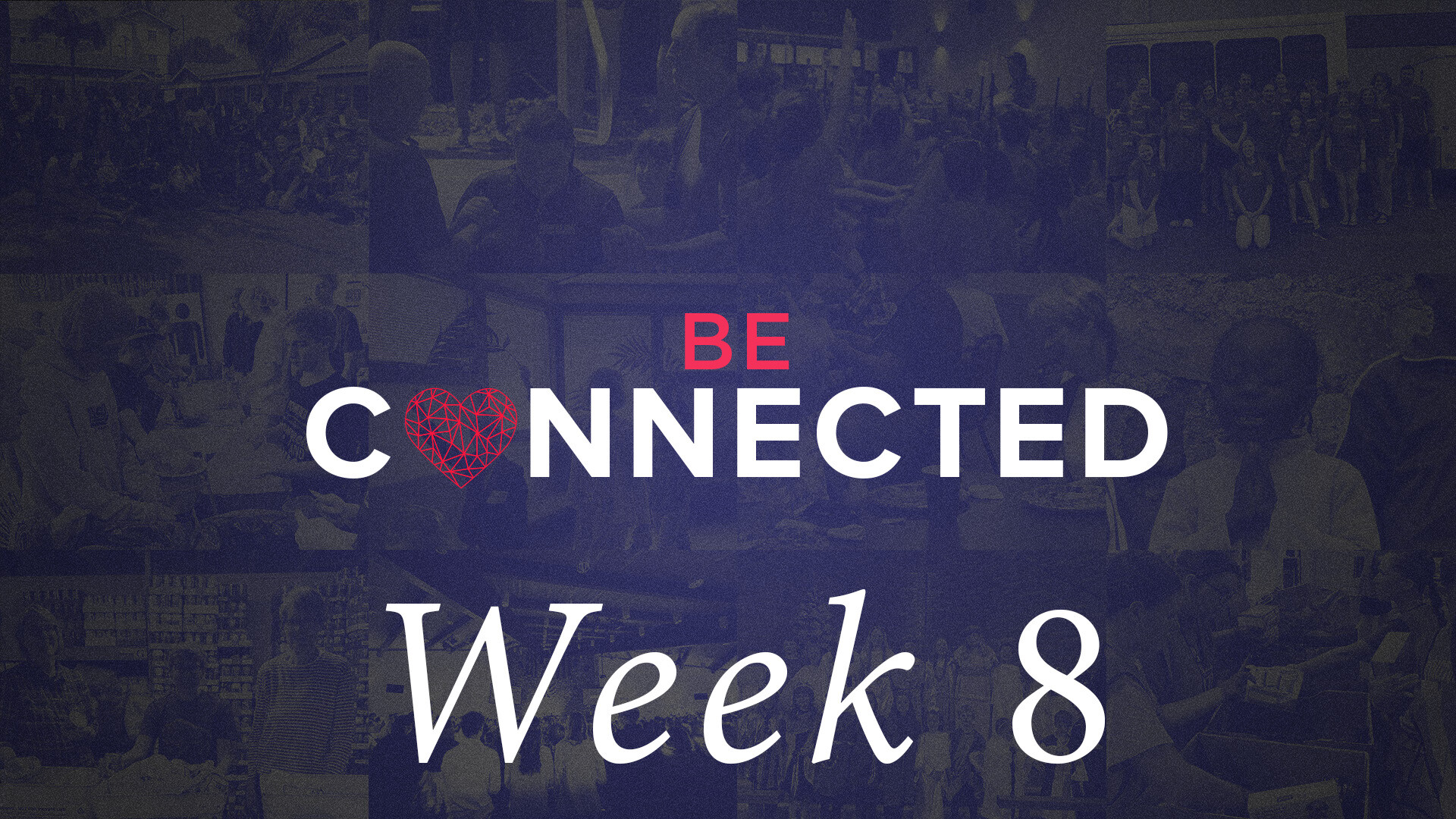July 10, 2025 | Be God's Family

Moses, the Prince of Egypt
Scripture: Hebrews 11:24-27(NIV)
24 By faith Moses, when he had grown up, refused to be known as the son of Pharaoh’s daughter. 25 He chose to be mistreated along with the people of God rather than to enjoy the fleeting pleasures of sin. 26 He regarded disgrace for the sake of Christ as of greater value than the treasures of Egypt, because he was looking ahead to his reward. 27 By faith he left Egypt, not fearing the king’s anger; he persevered because he saw him who is invisible.
Devotional
You can’t say Moses led a boring, ordinary life. It was remarkable even from birth through his young adulthood. The son of a Hebrew woman, condemned to death by Pharaoh, hidden in a basket in the river, found by Pharoah’s daughter, and adopted into the royal family. Moses went from nothing to being the cousin of the ruler of the ancient world’s superpower. But Moses never forgot that he was one of the people chosen by the one true God.
To honor God’s sovereignty over his life, Moses gave up all the power, prestige and comfort that went with being a royal Egyptian. He lived in the wilderness as a shepherd. When the time came, God called Moses to be the shepherd of His people to lead them from slavery. God called Moses to challenge the most powerful man in the world. That sounds a little risky, doesn’t it? And not without justification Moses balked at the offer. But Moses placed his faith in God’s promise. God chose the right person for the job; Pharoah did not arrest Moses or punish him. In addition to a sense of awe at the displayed power of God, Pharaoh just couldn’t bring himself to harm the relative brought into the family. Pharaoh even granted allowance for Moses to speak.
Moses’ relinquishment of power, prestige and comfort was not unlike Jesus, as described in Philippians 2:6-7
“Who, being in very nature God, did not consider equality with God something to be used to his own advantage; rather, he made himself nothing by taking the very nature of a servant, being made in human likeness.”
This passage is a high honor indeed for Moses. Hebrews does not denigrate the Mosaic Law and God’s previous covenants; the Mosaic Law was not wrong or bad, it’s that God has provided something better. This is consistent with Jesus’ own statement in Matthew 5:17: “Do not think that I have come to abolish the Law or the Prophets; I have not come to abolish them but to fulfill them.” Faith is as much a part of the Old Testament as it is with the New.
Moses was not Christ. No human has ever come close and cannot because Christ’s nature is Divine and perfect. But Moses could, and did, give up much to follow the path of the prophets that Christ came to fulfill. So can we.
What are you willing to set aside for the sake of Christ?
Poem
Invisible
Psalm 105
Give us aid against the enemy, for human help is worthless. With God we will gain the victory, and he will trample down our enemies.
Psalm 105:11-12
Invisible God,
Make me invisible
That I might hide
In enemy camp
For human help
Is worthless
‘Tis only You
Can set a plan
A steadfast heart
Built in the sand
Of fire-burning
Desert
Bring victory!
Your people cry—
A Savior to deliver—
Invisible, He dwells
Invisible
God

